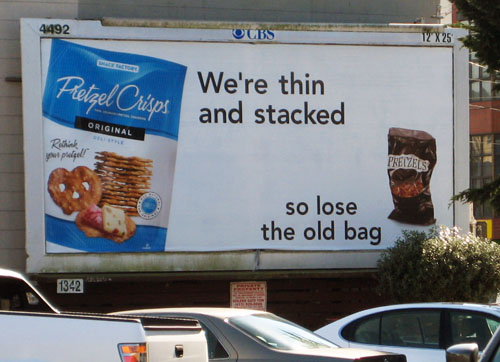A number of celebrities, including Meghan McCain — daughter of Senator John McCain of Arizona — recently posed naked (visible from the shoulders up) in a skin cancer prevention awareness ad. Meghan’s father had to have melanoma removed from his face, prompting her interest in the issue. Here’s the ad:
Christie W. sent in a segment (via The Pragmatic Progressive Forum) from Glenn Beck’s radio show in which he reacts to the video, and particularly to the image of Meghan McCain in it…by pretending to throw up violently. In this 8-minute clip from his show (audio only), Beck repeatedly pretends to puke, and someone says, at about 5:28, “Has she thought about, like, a burqa, so she’s extra safe?” and “I’m not sure that covers enough, because you can get skin cancer of the eyeballs” (I can’t distinguish all the voices, so I’m not sure who is speaking). They say she looks like “John McCain with long blonde hair” and, at 6:35, mockingly refer to her as “luscious” repeatedly:
Criticizing Glenn Beck for being mean-spirited is really a pointless task — I might as well go yell at the tree in my yard for shedding leaves — so I’m not going to expend much energy on it. But it’s a good example of policing of women’s bodies and fat-shaming (when McCain is described as “luscious,” it clearly isn’t a compliment). Who cares about the message? Never mind about skin cancer! Those women are so gross they make me sick!
Sigh.





